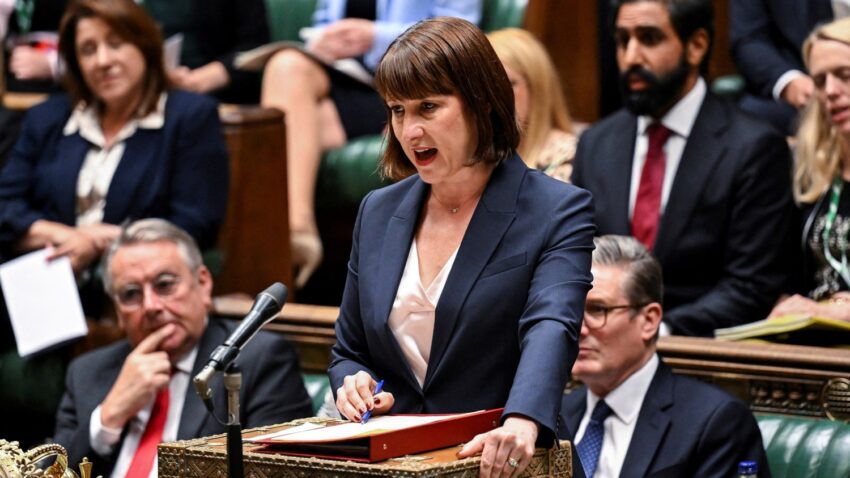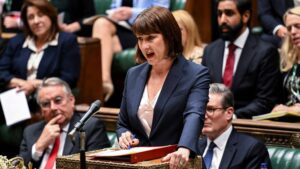Revised 2023 UK economic growth figures show significant improvement, but challenges remain
Revised ONS figures reveal the UK economy grew faster than initially estimated in 2023, though it remains one of the slowest-growing G7 nations. Learn more about the updated economic outlook and its implications. Read more: Revised 2023 UK economic growth figures show significant improvement, but challenges remain


The UK economy expanded at a much faster rate than originally estimated in 2023, according to revised data from the Office for National Statistics (ONS).
The updated figures show that the economy grew by 0.3% last year, triple the previously reported 0.1% growth.
This upward revision follows the collection of more detailed data on wages and corporate profits. Despite the better-than-expected performance, the UK remained one of the slowest-growing economies in the G7, with only Germany faring worse by contracting 0.1% during the same period.
The improved economic outlook is likely to fuel criticism of the Labour government’s claims of inheriting the worst economic situation from the previous Conservative administration since World War II. However, the ONS also revised down GDP growth for the second quarter of 2024 to 0.5%, a slight decrease from the earlier estimate of 0.6%, highlighting challenges for the economy as Sir Keir Starmer took office in July.
The Organisation for Economic Co-operation and Development (OECD) forecasts that the UK economy will grow by 1.1% this year, indicating modest recovery. Gora Suri, an economist at PwC, noted that while GDP growth for the second quarter was slightly below initial estimates, the broader economic outlook has improved due to lower inflation, declining interest rates, and increased political stability following the general election.
Real GDP per head, considered a better measure of living standards, rose by 0.2% in the three months to June, although it remains 0.3% lower than during the same period last year. Meanwhile, disposable incomes increased by 1.3% in the second quarter, down from a 1.6% rise in the previous quarter.
The household savings ratio also saw a notable increase, reaching 10% in the second quarter, up from 8.9% in the first quarter, according to the ONS.
Liz McKeown, Director of Economic Statistics at the ONS, explained that the revised GDP figures for 2023 and 2024 include new annual survey data, VAT returns, and updated industry size estimates. However, she noted that the overall growth trajectory for the last 18 months remains largely unchanged.
The ONS has faced previous criticism for underestimating the strength of the UK’s recovery post-Covid, and concerns have been raised about the accuracy of its labour market data due to a decline in survey response rates.
Read more:
Revised 2023 UK economic growth figures show significant improvement, but challenges remain
What's Your Reaction?



















































